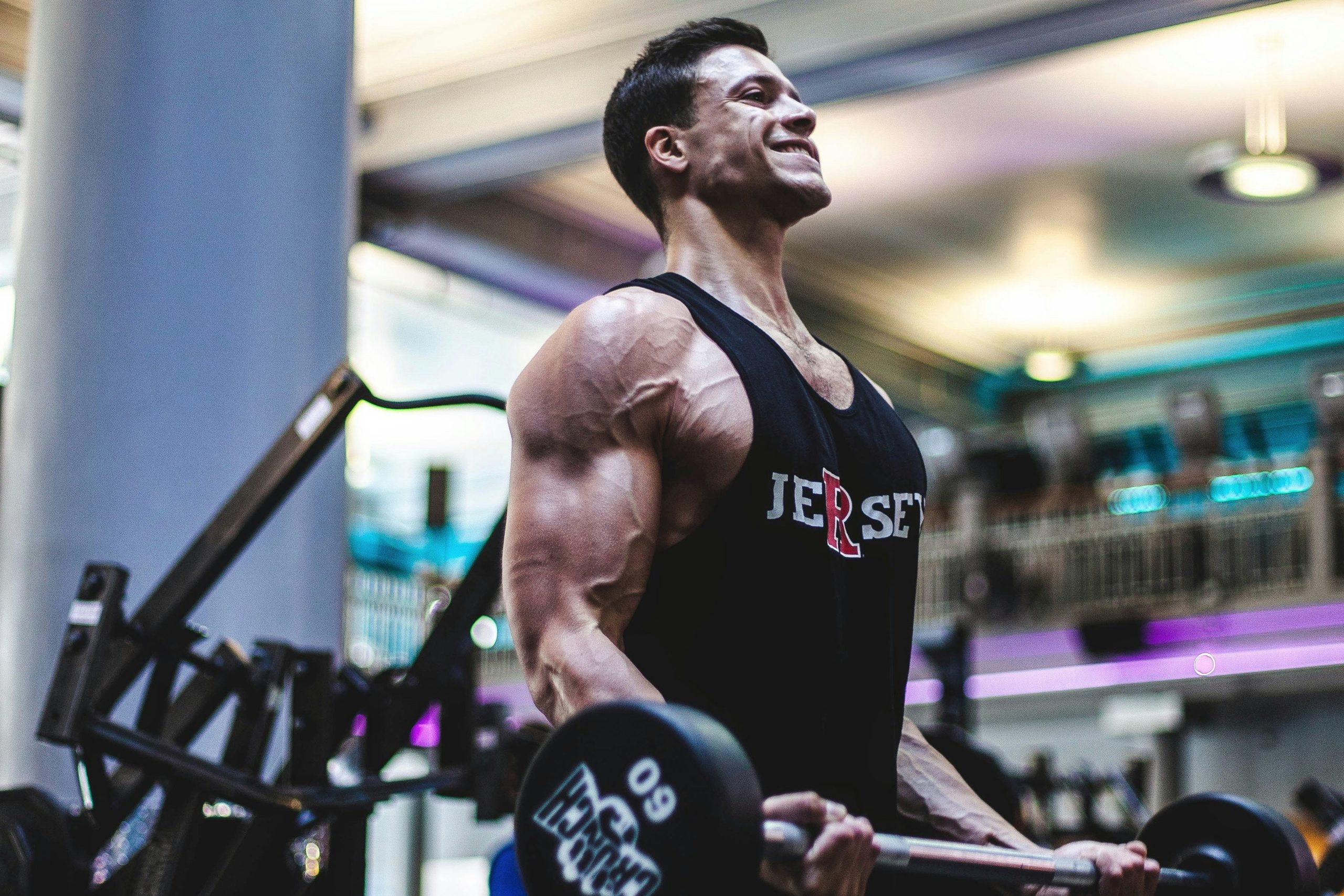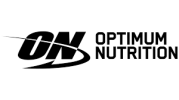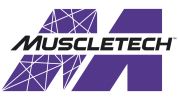Proper nutrition is critical to optimizing your workouts and enhancing muscle recovery, whether you’re a seasoned athlete or just beginning your fitness journey. Eating the right foods before and after exercising can significantly impact your performance, muscle growth, and overall fitness results. Understanding what to eat and when can help maximize your gains and ensure you’re giving your body the fuel it needs to succeed. Let’s explore the best strategies for pre- and post-workout nutrition.
Pre-Workout Nutrition: Fueling Your Body for Performance
Your pre-workout meal sets the stage for an effective workout by providing your body with the energy it needs to perform at its best. Eating the right balance of macronutrients—carbohydrates, proteins, and fats—helps sustain energy, enhance endurance, and minimize muscle breakdown during your workout.
1. Carbohydrates: Your Primary Fuel Source
Carbohydrates are your body’s preferred energy source, especially for high-intensity activities like weightlifting or cardio. Consuming carbs before your workout helps ensure you have enough glycogen (stored glucose) in your muscles, which can boost performance and prevent fatigue.
• What to eat: Opt for easily digestible carbs such as oatmeal, whole grains, fruit, or sweet potatoes. For a quick option, you can also have a banana or a piece of whole wheat toast with a bit of honey.
2. Protein: Supporting Muscle Maintenance
Consuming a moderate amount of protein before exercising helps preserve muscle mass and promotes muscle repair. Protein provides essential amino acids, which support muscle synthesis during and after your workout.
• What to eat: Choose lean proteins like chicken breast, turkey, fish, or eggs. For a plant-based option, tofu, edamame, or Greek yogurt can provide a good source of protein.
3. Timing Your Pre-Workout Meal
It’s important to time your pre-workout meal so that your body has enough time to digest the nutrients and convert them into usable energy. Ideally, eat a balanced meal 2-3 hours before your workout. If you’re eating closer to your workout time (30-60 minutes), choose something lighter and easily digestible, such as a protein shake or a small snack like a banana and almond butter.
Pre-Workout Snack Ideas:
• Whole grain toast with peanut butter and a banana
• Oatmeal with a scoop of protein powder and berries
• Greek yogurt with a handful of granola and honey
• A smoothie with spinach, banana, and protein powder
Post-Workout Nutrition: Refueling and Recovery
What you eat after a workout is just as important as what you eat before. Post-workout nutrition focuses on replenishing glycogen stores, repairing muscle damage, and jump-starting the recovery process. Proper post-workout nutrition helps reduce muscle soreness, support muscle growth, and prepare your body for future workouts.
1. Protein: Essential for Muscle Repair
After an intense workout, your muscles are in a state of repair and rebuilding. Consuming high-quality protein helps kickstart this process by providing your body with the amino acids it needs to repair and grow muscle tissue.
• What to eat: Lean sources of protein like chicken, turkey, fish, eggs, or plant-based proteins like tempeh and lentils are excellent choices. A fast-absorbing protein supplement, such as whey protein, can be particularly effective post-workout.
2. Carbohydrates: Replenishing Glycogen Stores
During your workout, your body uses up its glycogen stores as a source of energy. To replenish these stores and aid in muscle recovery, it’s essential to consume carbohydrates after exercising.
• What to eat: Focus on complex carbs like quinoa, brown rice, or sweet potatoes. Combining carbs with protein in your post-workout meal enhances glycogen restoration and muscle recovery.
3. Fats: Balance and Recovery
While it’s important not to overload on fats immediately after your workout, incorporating a small amount of healthy fats can help your body absorb certain fat-soluble vitamins and support overall recovery.
• What to eat: Include sources of healthy fats like avocado, nuts, seeds, or olive oil in your post-workout meal. Keep portions moderate to avoid slowing down digestion.
Timing Your Post-Workout Meal
The “anabolic window” is often discussed when it comes to post-workout nutrition, referring to the idea that your body is most primed for nutrient absorption immediately after exercise. While it’s essential to refuel, research suggests that you have a larger window of time than once thought—up to 2 hours post-workout. However, aim to consume your post-workout meal within 30-60 minutes for optimal recovery.
Post-Workout Meal Ideas:
• Grilled chicken with quinoa and roasted vegetables
• A protein shake with a banana and almond butter
• Scrambled eggs with spinach and sweet potatoes
• Salmon with brown rice and steamed broccoli
Hydration: Don’t Forget to Drink!
Proper hydration is vital both before and after your workout. Dehydration can impair performance and hinder recovery, so make sure to drink enough water throughout the day. After exercise, it’s essential to replenish fluids lost through sweat. If you had an intense workout or sweat heavily, consider replenishing electrolytes with a sports drink or coconut water.
Supplementing for Maximum Gains
While a balanced diet is the cornerstone of good nutrition, supplements can help fill in any gaps or provide additional support for your workout goals. Here are a few common supplements that can enhance your pre- and post-workout nutrition:
• Pre-Workout Supplements: Many athletes use pre-workout supplements that contain ingredients like caffeine, beta-alanine, or nitric oxide boosters to enhance energy, focus, and endurance during workouts.
• Whey Protein: Whey protein is fast-digesting and provides a convenient way to get a quick hit of protein after your workout, especially if you’re on the go.
• Branched-Chain Amino Acids (BCAAs): These essential amino acids support muscle repair and reduce muscle soreness, making them a good addition to your post-workout routine.
• Creatine: Known to improve strength and power during high-intensity workouts, creatine is a popular supplement among athletes looking to build muscle mass.
Conclusion
When it comes to maximizing your gains, proper nutrition is key. Your body needs the right balance of carbohydrates, protein, and fats to fuel your workouts and recover efficiently. Eating the right foods before exercise ensures you have the energy to perform, while post-workout nutrition helps repair muscles and replenish energy stores. By incorporating these strategies into your routine, you’ll support muscle growth, improve performance, and achieve your fitness goals faster.







